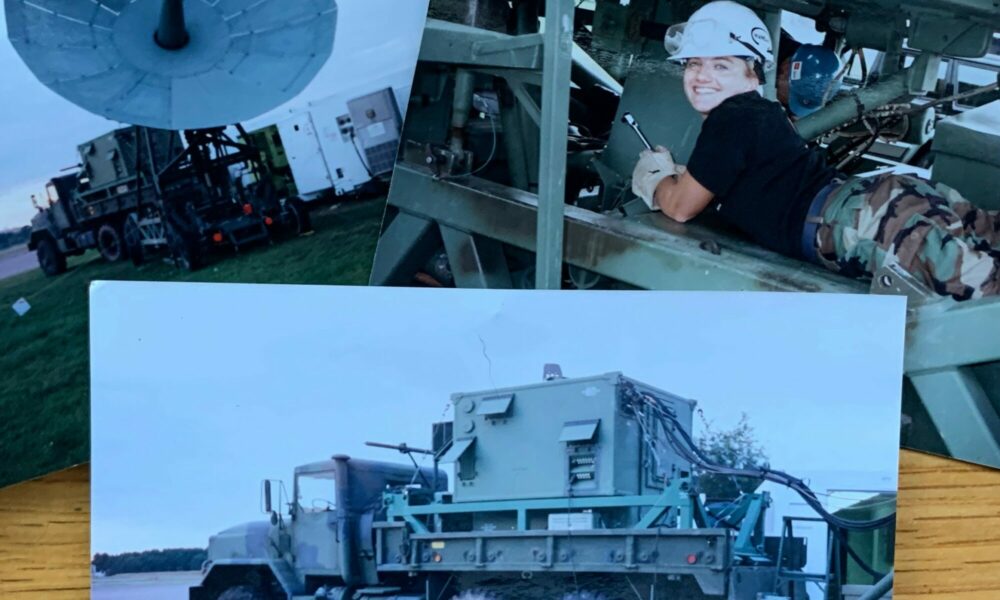

Today we’d like to introduce you to Jen Norris.
Hi Jen, so excited to have you with us today. What can you tell us about your story?
I joined the US military in 1996. Unfortunately, I was immediately targeted by higher-ranking men (some in my chain of command) who sexually harassed and sexually assaulted me. Based on what I had witnessed, I didn’t want to report them because I knew it would not go well for me. In 1998, my NCOIC (supervisor) physically attacked me and attempted to rape me. I escaped with the help of a fellow service member who heard my screams. I couldn’t handle what was happening anymore, and my morale went downhill. What most people don’t understand about the military is you cannot just quit or leave the situation. Therefore I was forced to report to escape the situation (even then, there were no guarantees). Reporting created a whole new set of traumatic events. I was retaliated against and ostracized by the people in my squadron and my work center. I was treated as if I was the one who did the bad deeds. I didn’t understand any of it. I just wanted to go to work and do my job. A piece of me died the day I realized I was trapped in the US military. I transferred to a new base to escape the retaliation, which included giving me a hard time about spending time with my father, who had terminal cancer. On 9/14/2001, my father died, and I learned I was stop-lossed because of the events on 9/11. I could not get any help or leave the military for the next four years.
I quickly learned the mission is more important than any one individual. At this new base, I experienced gender discrimination on every level. I eventually filed gender discrimination charges to address the multiple instances of workplace hostility. For example, I was eligible to be the satellite communications work center team chief (8 years of experience), but my enlisted leaders chose to make a lower enlisted male. I trained the team chief instead (2 years of experience). I confronted the situation and won, but it came with a price because my enlisted leaders didn’t want me in charge of anything. I left this squadron after years of abuse, and the case was adjudicated.
Despite trying my best to keep things together at my next squadron, I had a nervous breakdown. I was considered “unfit for service,” At this time, I realized how unfair the policy is in the US military. They tout their justice system as being the same as the civilian justice system; it is not. The commander (your boss) decides the case and treats a felony crime like a personnel issue. The NCOIC I reported was transferred to another base to ride out his enlistment until he hit his 20-year mark. He was fired from his job but still allowed to retire with full benefits. He was never officially charged with a felony; he was instead accused of sexual harassment and had no record whatsoever. Therefore my attempt at warning society was all for naught.
On the other hand, I was harassed so badly at the unit that I had to transfer to a new base 4 hours away. I was harassed at my new base because the old base told them I was a “troublemaker,” When I finally collapsed from an emotional breakdown, I was fired despite doing a great job. I received abuse on the job because I could not quit, and there was no help. The US military justice system does not mirror the constitutional rights provided by the civilian justice system. One man or woman decides your fate; if they choose to do nothing, it can easily lead to suicide and murder. Imagine what my life would have been like stranded overseas with my boss, the perpetrator. There is no 911 in Iraq. And I would have been isolated and stranded with him in a country where he was the only one who could help me. This experience made me realize the US military is not safe and one of the most dangerous professions in the world. My goal is to make sure people understand how broken this institution is.
Would you say it’s been a smooth road, and if not, what are some of the biggest challenges you’ve faced along the way?
My entire military experience was a disaster. I compare it to being a child abuse or domestic violence victim. The people who abuse us we depend on for our lives, there is no escape, and if you say anything, you will pay for it in retaliation. The retaliation can lead to both murder and murder by suicide. There are no prevention efforts, and unless you report the crimes, you cannot escape. You are trapped with the perpetrators if the commander chooses not to believe or help you. If you report, you will likely face retaliation that only magnifies the original traumatic experience. Both the military and the veteran’s affairs fix to everything is to take a pill, and they and society will use it against you to shame and dehumanize you. This is the most unjust thing I have ever witnessed, and I cannot believe this is our reality in the United States.
Alright, so let’s switch gears a bit and talk business. What should we know about your work?
While serving, I got my master’s degree in public policy & management. After I was medically retired, I used my master’s degree to address the problems I witnessed in the US military. I used social media to spread the word. I testified in Jan 2013 about sexual harassment and assault to the House Armed Services Committee. I introduced a bill (the military justice improvement act) in May 2013 with Senator Kirsten Gillibrand to take reporting out of the chain of command. It was defeated in 2014 by a small margin, including one of my Senators voting against it. I decided to create a website and start documenting all the crime and violence; I learned in doing so that 75% of the deaths in the US military since 9/11 are non-combat deaths, and 93% of those deaths occur in the US. Accidents are the #1 cause of death and suicide is the second leading cause of death, but folks don’t realize that some of us choose suicide to escape because we cannot quit or leave the situation without federal AWOL charges. My focus is on ensuring folks understand how dangerous the military is and overhauling the entire military justice system to mirror the civilian justice system. We also need a “bug out” plan to give victims of crime an escape if their leadership won’t help them or are part of the abuse and cover-up. Lives are at stake.
Contact Info:
- Website: www.militaryjusticeforall.com
- Instagram: www.instagram.com/military_crime
- Other: www.tiktok.com/military_crime
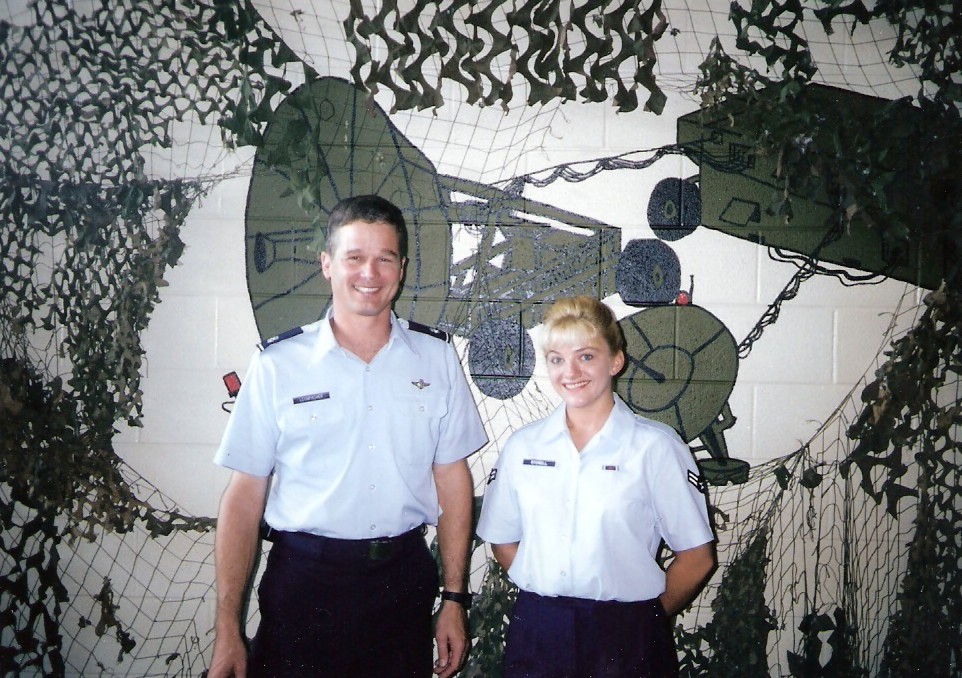



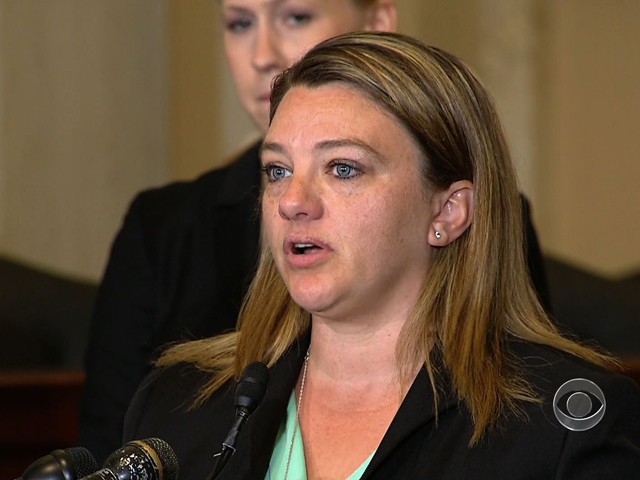

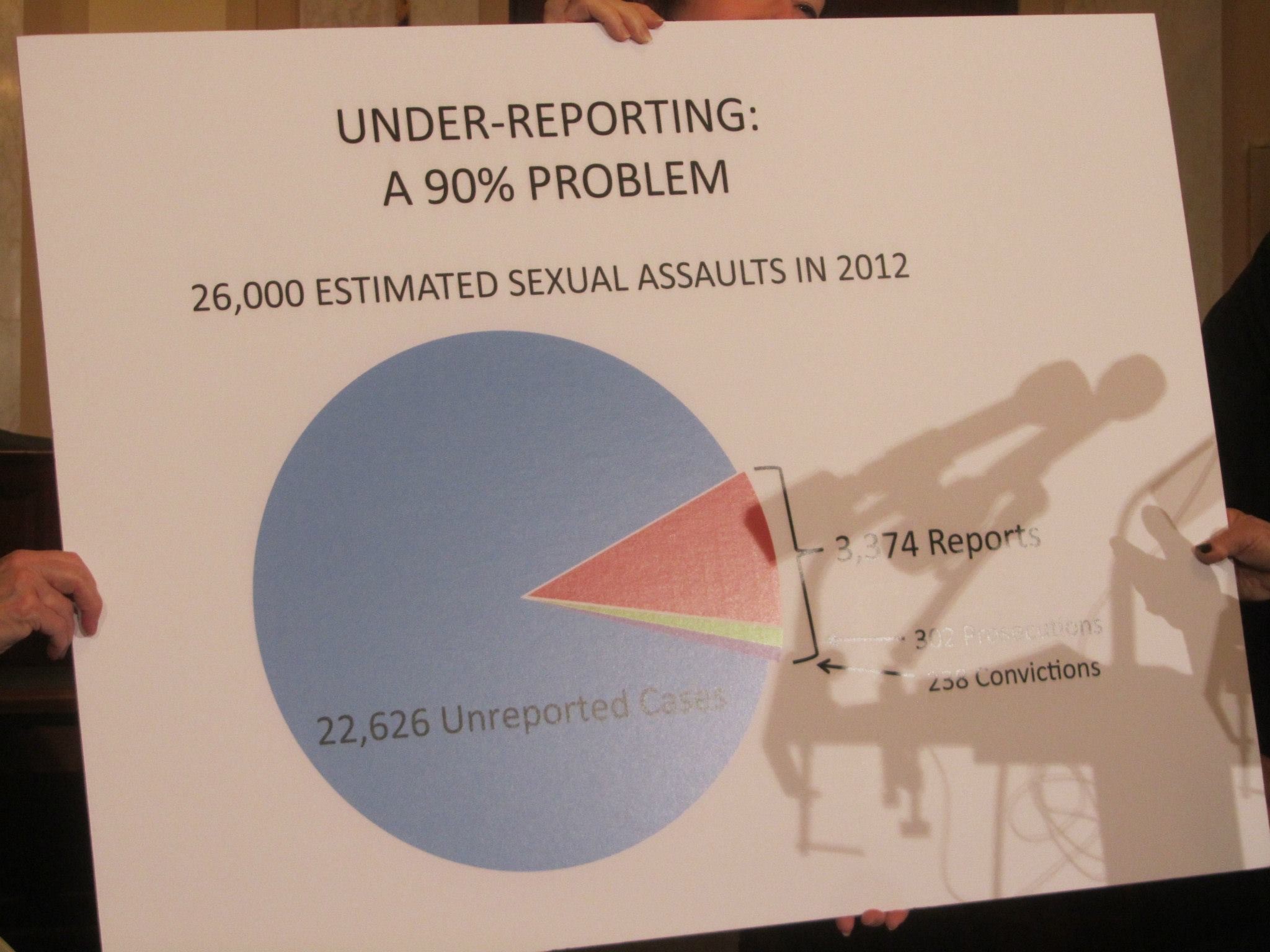
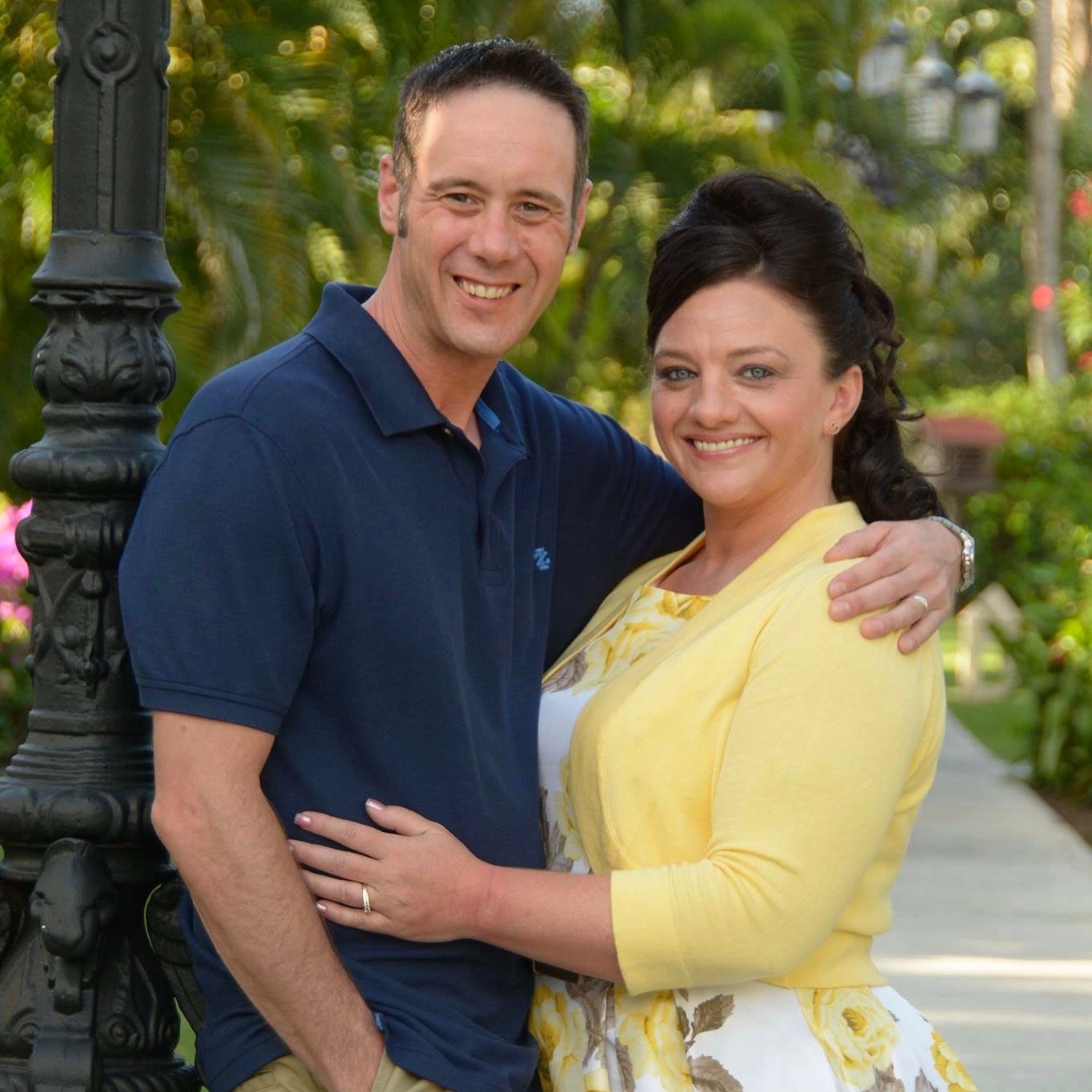
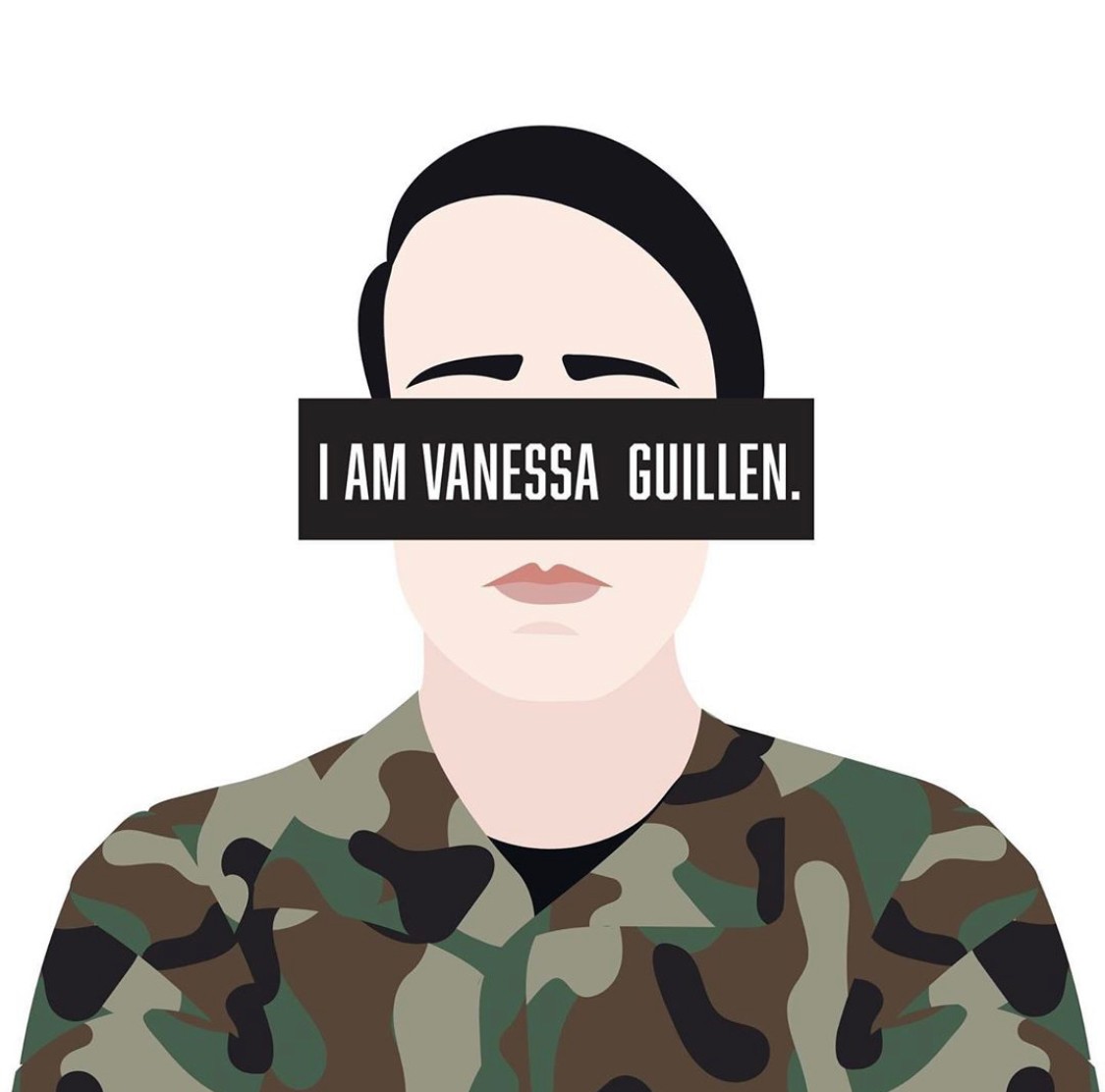
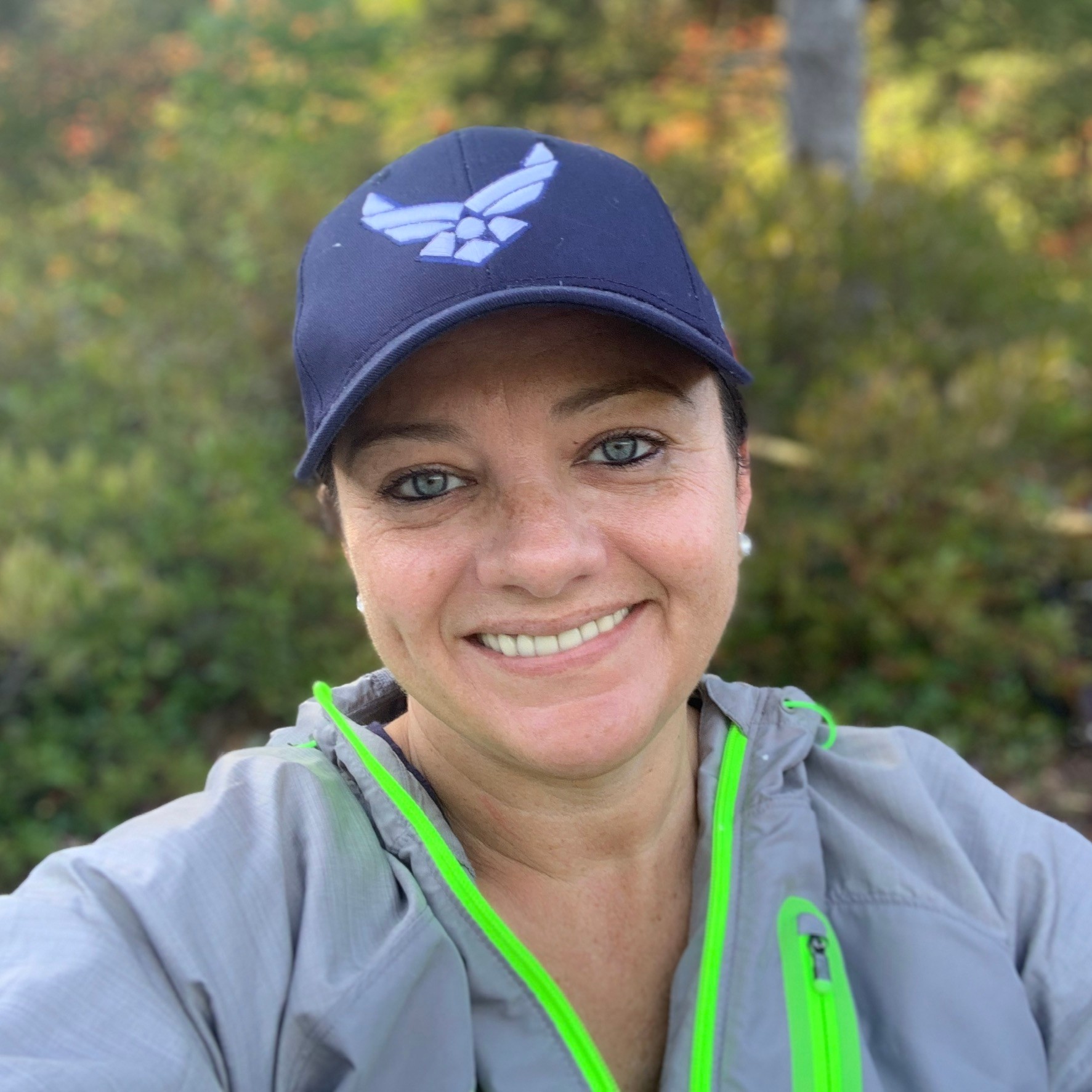
Suggest a Story: VoyageRaleigh is built on recommendations from the community; it’s how we uncover hidden gems, so if you or someone you know deserves recognition please let us know here.












camilla vance shadley
August 20, 2022 at 3:35 pm
Love you Jen! you do great work. Take care of yourself too.